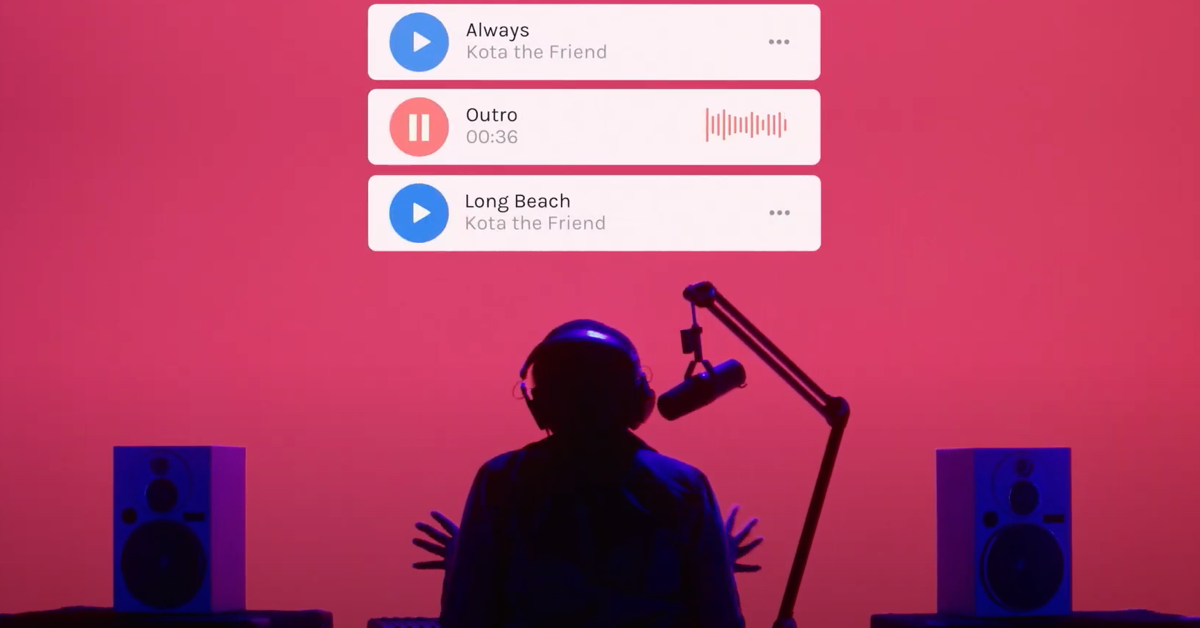
As of yet, 42 episodes-slightly less than 3 percent of all The Joe Rogan Experience episodes- have been removed from Spotify. Most of these episodes revolve around more controversial guests, such as comedian Chris D’Elia, David Seaman, David Asprey, and more.

But these statements don’t seem to be completely true.įor example, over the past few months, The JRE fans have started to notice episodes missing from the popular podcast. RELATED: Listen Bay Street Bull’s podcast Mission Critical Spotify Episode RemovalsĪfter acquiring podcasts, we see Spotify constantly state that they will not be taking any control over the content and creative of the show.

But there has been consistent tension between podcast listeners and Spotify. The Joe Rogan Experience (JRE) is consistently top-rated on Spotify, is ranked as one of the highest-earning podcasts, and is said to have brought in an influx of shares as well as listeners for the company. But for some shows, that doesn’t seem to be the case.įor example, let’s look at The Joe Rogan Experience. In an ideal world, the podcast would become a Spotify exclusive and continue to bring listeners, sponsors, and awareness to the platform. With the constant acquisitions of popular shows, it begs the question of whether becoming a Spotify exclusive impacts the success of an existing podcast. You’ll find exclusives with celebrities such as Brene Brown, Kim Kardashian, Prince Harry and Meghan Markle, Addison Rae, with its two most popular shows being The Michelle Obama Podcast and The Joe Rogan Experience. Over the past two years, Spotify has spent over $900 million acquiring podcast production and technology companies as well as exclusive rights to shows. Spotify saw an opportunity and it took it.

The majority of podcast listeners used the Apple Podcast iOS app yet no ads were being run, therefore, Apple was not using podcasting as a method for monetization. In 2018, Ek noticed that although this audience was large, there weren’t many brands out there turning it into a revenue stream. That’s an increase of 46 percent, and with consistent growth YOY (except for a small drop in 2013), it’s predicted that this trend will continue. According to Edison Research, since 2006, podcast listening has grown from 11 percent of the U.S. With the core goal of paying artists fairly, the question of how the company would make money was top of mind for many, especially CEO and co-founder, Daniel Ek.Įk noticed a huge audience that wasn’t being tapped into: podcast listeners.


 0 kommentar(er)
0 kommentar(er)
